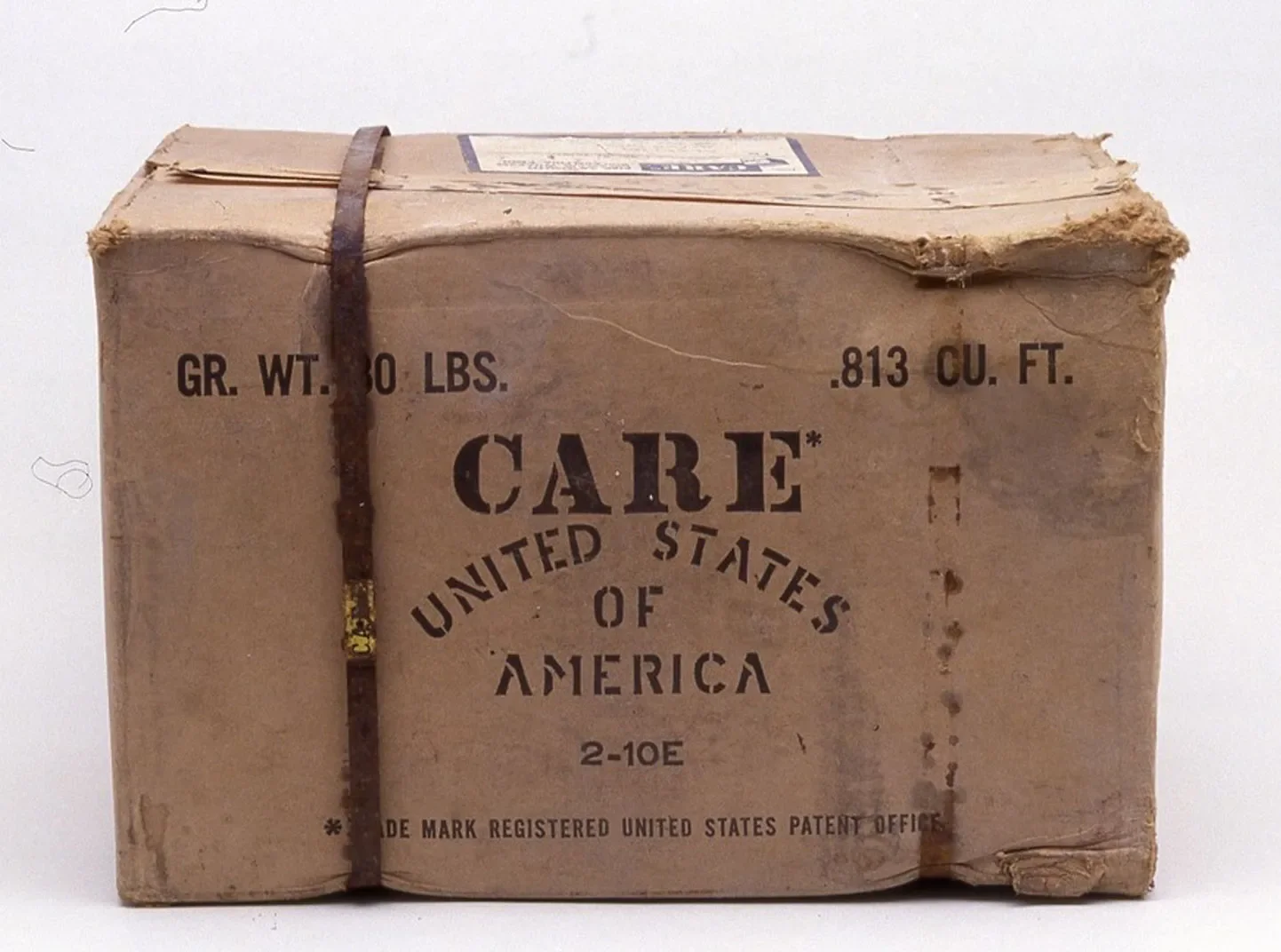Engaging men as partners for equality
Women’s empowerment is stronger when men take part. Journeys of Transformation works with men, especially husbands and partners of women in Village Savings and Loan Associations (VSLAs), to challenge harmful social norms and build more equal relationships at home and in the community.
The project invites men to take part in weekly group activities that:
- Help them reflect on rigid social norms, their personal attitudes, and beliefs
- Encourage them to support women’s roles in earning money and making decisions
- Promote more equal sharing of housework and caregiving
- Build respect between partners
The program also offers training for men on:



